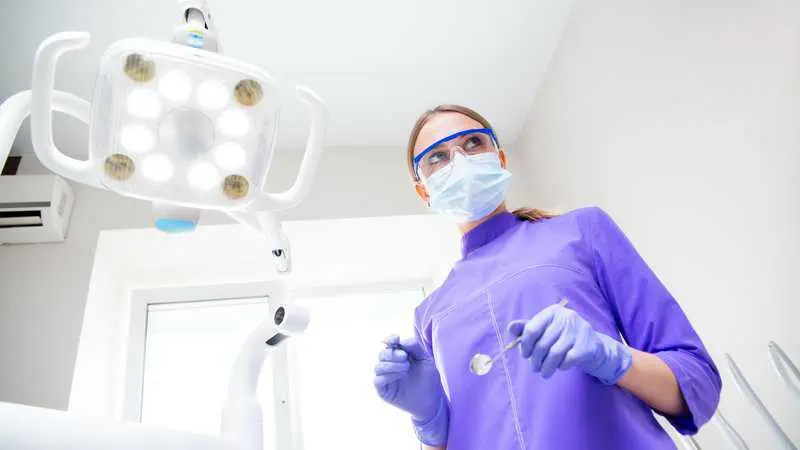
Dental emergencies can occur unexpectedly, causing pain, discomfort, and anxiety. Knowing how to handle these situations promptly and effectively is crucial to minimize pain, prevent further damage, and ensure timely care. In this comprehensive guide, your dentist in Clyde explores common dental emergencies and provides step-by-step instructions on how to handle them.
Contact Your Dentist
Different types of dental emergencies require different kinds of care, so it’s important to contact your dentist in Clyde quickly if you experience a dental emergency so they can diagnose and properly treat your specific needs. While there are steps you can take to help reduce the risk of additional damage and temporarily relieve discomfort, you should always let your dentist know if you have a dental emergency.
Toothaches
Toothaches can pop up out of nowhere and can cause mild discomfort or even excruciating pain. Here’s what you can do:
Knocked-Out Tooth
If a tooth gets knocked out, immediate action is crucial for the best chance of saving it:
Broken or Chipped Tooth
If you break or chip a tooth, follow these steps:
Lost Filling or Crown
Losing a filling or crown can be uncomfortable, but temporary solutions are available:
Soft Tissue Injuries
Injuries to the lips, gums, cheeks, or tongue can result in bleeding and discomfort. Here’s what to do:
Handling dental emergencies requires prompt action and appropriate care. By following the steps outlined in this comprehensive guide, you can effectively manage dental emergencies. However, it’s essential to remember that these steps are temporary measures, and seeking professional dental care from your dentist as soon as possible is crucial for proper diagnosis and treatment.
We’re always accepting new patients from Clyde, Asheville, and surrounding areas.